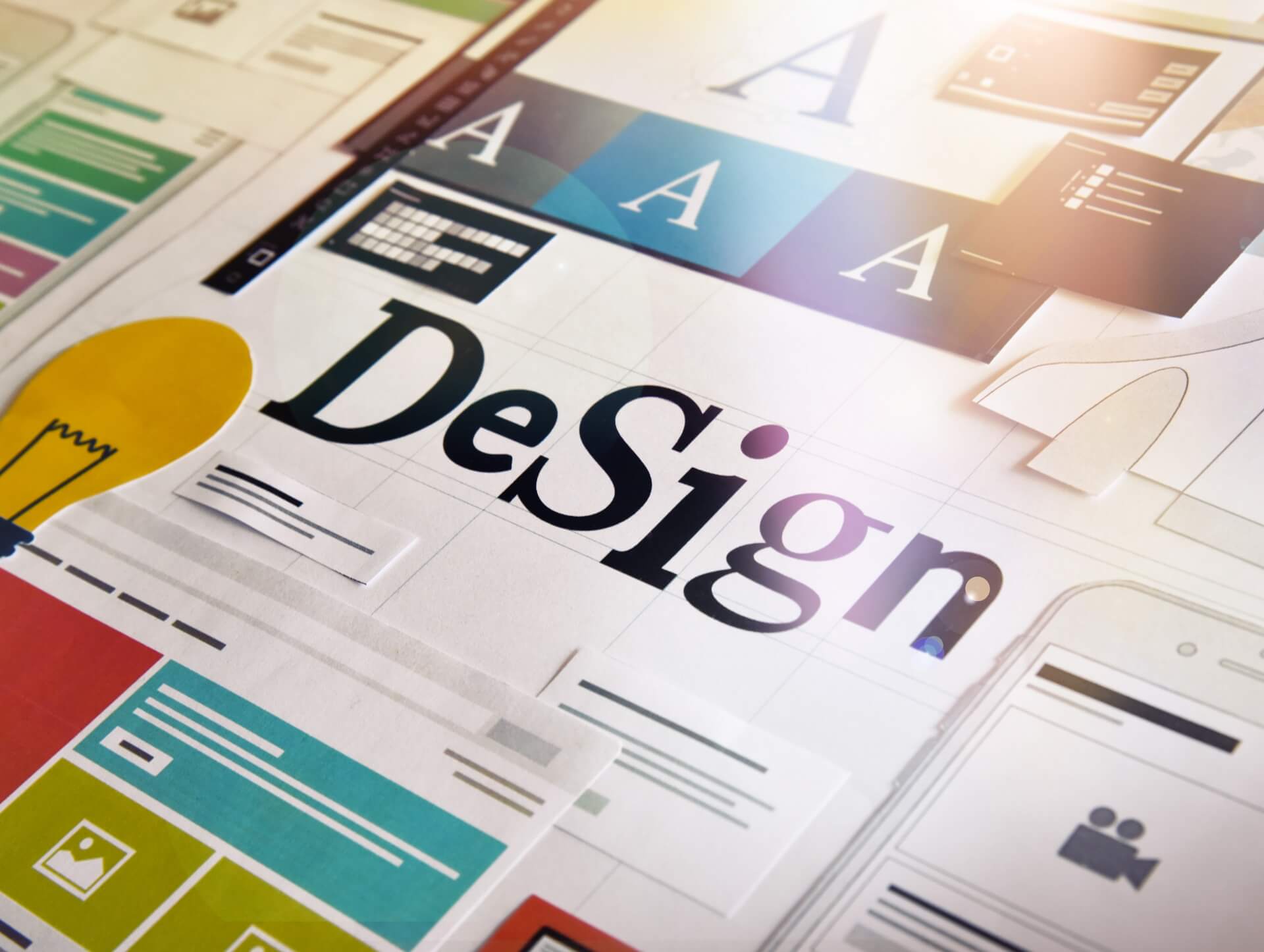The benefits of design thinking workshops in design collaboration

06/09/2023
In today's increasingly competitive business landscape, graphic design and brand identity play a crucial role in capturing and retaining the attention of customers. Custom designs and visually appealing branding are essential for creating a strong and memorable presence in the market. To achieve brand consistency and excellence in design, businesses often seek design consultation and creative collaboration with experts in the field.
The Power of Design Thinking Workshops
One effective way to enhance design collaboration and achieve tailored visual solutions is through design thinking workshops. These workshops provide a platform for creative professionals, designers, and clients to come together and explore innovative design ideas. By incorporating design thinking methodologies, such as empathy, ideation, prototyping, and testing, these workshops enable participants to think outside the box and develop unique and impactful designs.
Benefits of Design Thinking Workshops in Design Collaboration
Design thinking workshops offer numerous benefits for effective design collaboration:
1. Enhanced Creativity and Innovation
Design thinking workshops foster a collaborative environment that encourages participants to think creatively and generate innovative ideas. By bringing together diverse perspectives and expertise, these workshops provide a platform for brainstorming and idea exchange. The interactive and hands-on nature of the workshops allows participants to step out of their comfort zones and explore new possibilities for graphic design and brand identity.
2. Improved Problem-solving Skills
Design thinking workshops focus on solving real-world design challenges. Through a structured approach that involves understanding user needs, defining problems, and prototyping solutions, participants develop critical problem-solving skills. This approach helps designers and clients alike to identify and address design issues effectively, resulting in well-rounded and user-centric design solutions.
3. Stronger Client-Designer Relationships
Design thinking workshops provide an opportunity for clients and designers to collaborate closely and build strong relationships. By involving clients in the design process from the beginning, these workshops foster open communication and mutual understanding. Clients feel more invested in the design outcomes and gain a deeper appreciation for the expertise and creativity of the designers. This collaborative approach leads to a more satisfying and successful design partnership.
4. Faster Iterations and Design Refinements
Design thinking workshops encourage rapid prototyping and testing of design ideas. By quickly creating tangible prototypes and gathering feedback, designers can iterate and refine their designs more efficiently. This iterative process allows for continuous improvement and ensures that the final design meets the client's expectations and objectives. The ability to make unlimited revisions and incorporate client feedback in real-time is a significant advantage of design thinking workshops.
Design Thinking Workshop Process
A typical design thinking workshop follows a structured process:
1. Empathize
The first stage of the design thinking workshop involves understanding the needs and preferences of the target audience. Designers and clients engage in empathy exercises to gain insights into the user's perspective and identify design opportunities. This step sets the foundation for creating designs that resonate with the intended audience.
2. Define
Once the needs and pain points of the target audience are understood, designers and clients work together to define the design challenge. This stage involves clearly defining the design objectives, constraints, and success criteria. By aligning expectations and setting clear goals, the design collaboration becomes more focused and effective.
3. Ideate
Ideation is the stage where designers and clients generate a wide range of design ideas. This brainstorming session encourages participants to think divergently and come up with multiple creative solutions to the design challenge. The emphasis is on quantity rather than quality, as every idea can potentially lead to a breakthrough design concept.
4. Prototype
Prototyping involves transforming selected design ideas into tangible representations. Designers create low-fidelity prototypes using various tools and materials, allowing clients and other stakeholders to visualize and interact with the designs. This stage helps in gathering feedback and refining the design concepts before investing significant time and resources in the final implementation.
5. Test
Testing is a crucial step in the design thinking workshop process. Designers and clients evaluate the prototypes with the target audience to gather feedback and insights. This feedback informs further iterations and design refinements, ensuring that the final design meets the needs and preferences of the users. The testing stage also provides an opportunity to evaluate the feasibility and effectiveness of the design solutions.
Conclusion
Design thinking workshops have become an indispensable tool for effective design collaboration and the development of tailored visual identities. By leveraging the power of creativity, innovation, and user-centric design methodologies, these workshops enable businesses to create impactful graphic designs and achieve brand consistency. Design thinking workshops also foster stronger client-designer relationships and facilitate faster iterations and design refinements. Through design thinking workshops, businesses can harness the expertise of professional designers and engage in ongoing creative support to maintain their visual presence and stay ahead in the market.
Contact us

Spanning 8 cities worldwide and with partners in 100 more, we’re your local yet global agency.
Fancy a coffee, virtual or physical? It’s on us – let’s connect!

